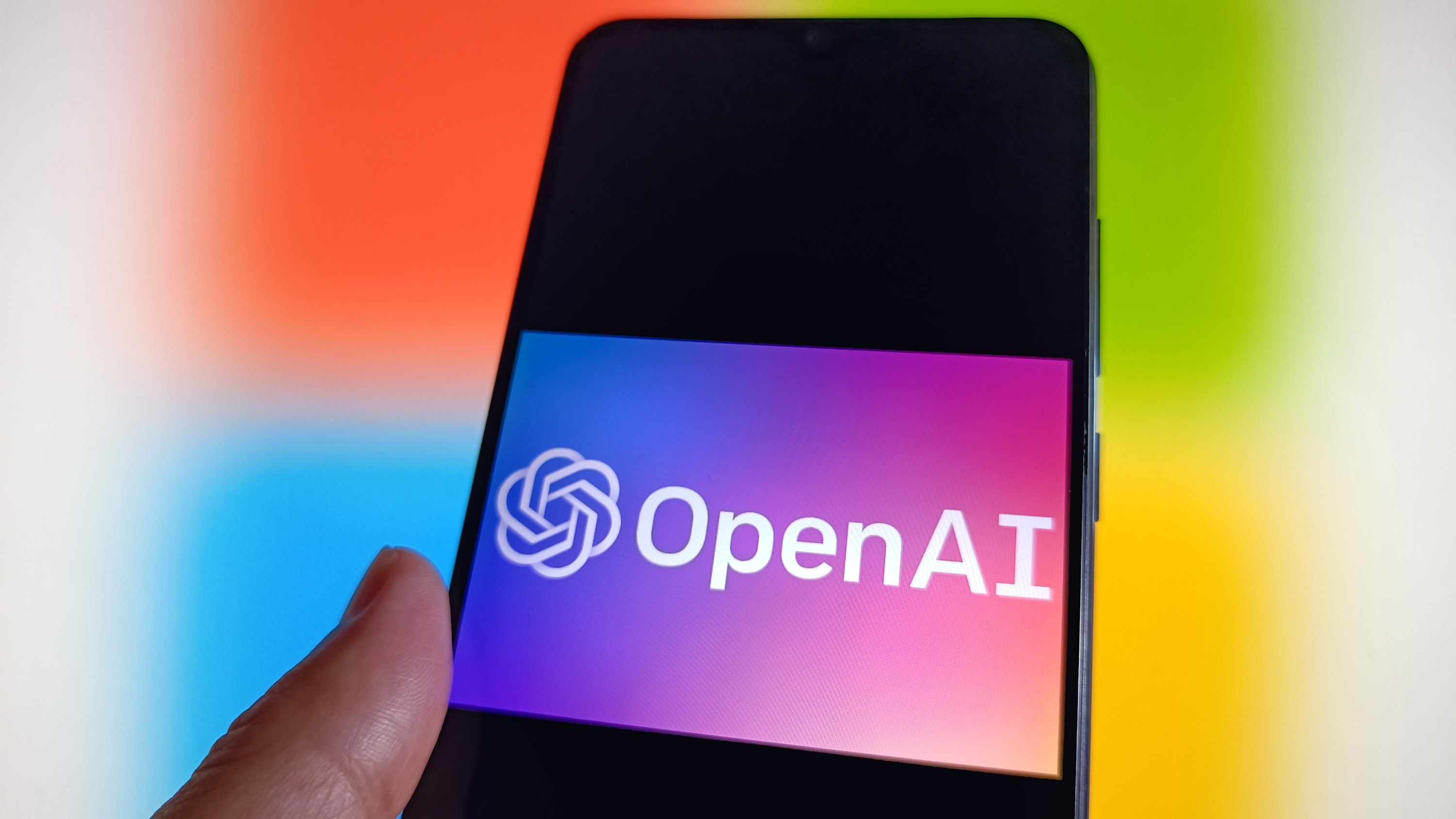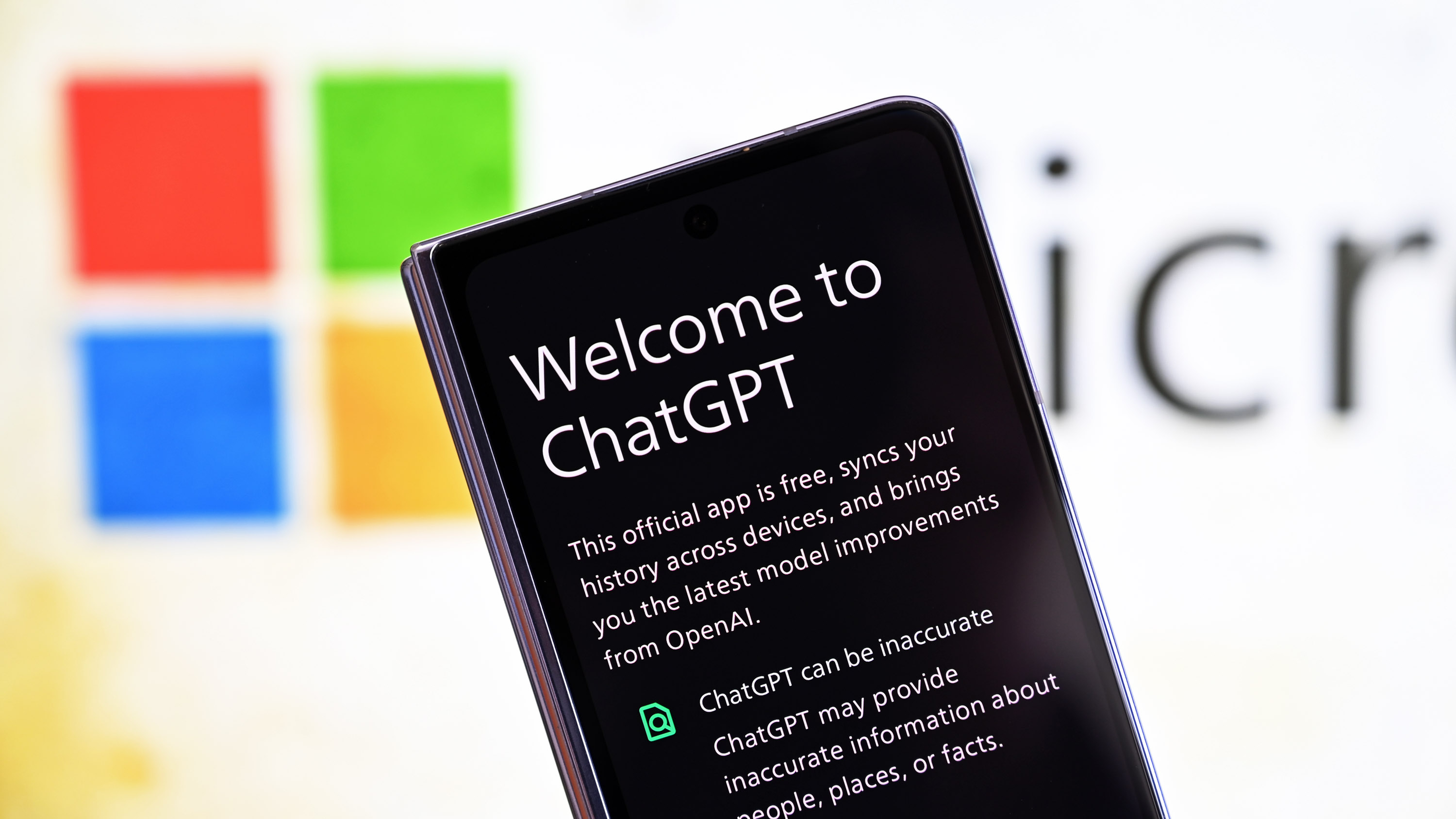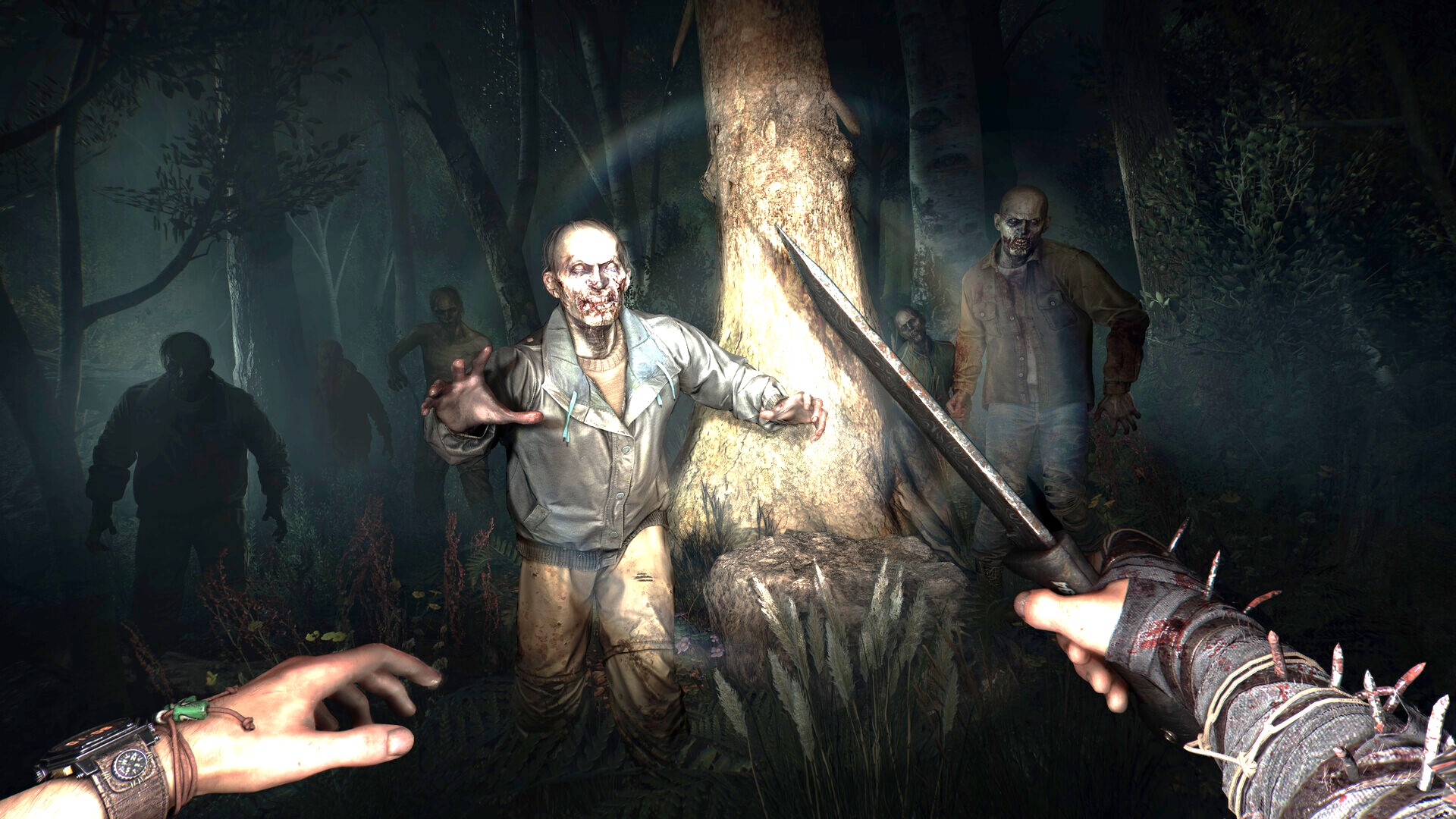An analyst predicts OpenAI could be part of Microsoft's acquisition portfolio by 2027: "Investors' focus might shift away from AI, and the startups will just find it difficult to keep funding for the innovation they want to do"
OpenAI could be on Microsoft's potential buy roster as it continuously burns through money funding its innovations, and investors lose interest in the AI hype.

What you need to know
- Microsoft might buy OpenAI within the next three years.
- An analyst predicts the AI hype is fading, prompting investors to lose interest in the technology and channel their funds elsewhere.
- As investors lose interest in AI, startups like OpenAI and Anthropic might be forced into acquisitions featuring investors with deep pockets like Microsoft.
According to Forbes, Microsoft might acquire the ChatGPT maker within the next three years.
While speaking to Forbes, chief analyst at CCS Insight Ben Wood indicated:
"We think there's going to be a bit of a correction in the AI space because the hype starts to blow out of it."
Though it remains debatable whether AI is a fad or will stand the test of time, the analyst's predictions indicate that the hype around AI is quickly fading away. Consequently, AI startups like OpenAI and Anthropic will be forced into unceremonious acquisitions by investors with vast resources, with Microsoft and Amazon at the top of that list.
According to Wood:
"AI firms are going to start questioning whether it makes sense for them to carry on, but they're also going to need a lot of money because investors' focus might shift away from that [AI], and the startups will just find it difficult to keep funding for the innovation that they want to do."
While the analyst acknowledges that investors are still deeply interested and invested in AI innovation based on OpenAI's latest funding round, he claims the situation could quickly change over the next few years.
All the latest news, reviews, and guides for Windows and Xbox diehards.
Wood views Microsoft as a potential OpenAI buyer because its Copilot AI chatbot relies on the ChatGPT maker's technology. "It might be that Microsoft sees that there's a strategic importance in owning OpenAI outright and keeping complete control of how the business shapes up in the future," the analyst added.
As you might remember, Microsoft subtly showed interest in investing in AI during Sam Altman's ousting as OpenAI CEO. The tech giant reportedly extended an offer to Sam Altman and Greg Brockman to head its then-new AI division domiciled at its LinkedIn office in San Fransico. While Microsoft forged forward with these plans with DeepMind and Inflection co-founder Mustafa Suleyman at the helm, the analyst's predictions aren't a reach.
"The vast amounts of money that's required to keep these AI services going, and the fact that you need to keep a competitive edge at a time when it's getting more and more competitive, we think that may well encourage the leading stakeholders to get more actively involved," Wood concluded.
OpenAI-owned Microsoft?

Microsoft and OpenAI undoubtedly have a complicated relationship at best, despite the former's multi-billion dollar investment in the ChatGPT maker's technology. The tech giant has gone on to integrate AI technology across its tech stack. Microsoft currently holds a 49% stake in the earnings of OpenAI's for-profit arm.
Earlier this year, the tech firm briefly became the world's most valuable company ahead of Apple with over $3 trillion in market capitalization, prompting 13 market analysts to unanimously vote that Microsoft will be the world's most valuable company ahead of Apple in the next five years. Some indicate it's on the verge of reaching its next 'iPhone moment' with AI.
Microsoft's relationship with OpenAI has raised concern among investors. A report claimed that Microsoft insiders feel the company has seemingly become "a glorified IT department for the hot startup." However, Microsoft CEO Satya Nadella seems to be of a different opinion, indicating:
"OpenAI wouldn't have existed but for our early support. Today, they are an incredible company, and we are thrilled to be a part of their journey."
Microsoft and OpenAI's complicated partnership has attracted antitrust scrutiny. However, it was quickly established that Microsoft's multi-billion dollar investment wasn't a hostile takeover of OpenAI and had no say in the ChatGPT maker's decisions.
Recently, OpenAI was reportedly on the verge of bankruptcy, with projections of making a $5 billion loss within the next few months. However, Microsoft, NVIDIA, Thrive Capital, and other investors raised $6.6 billion in round funding, extending the ChatGPT maker's lifeline and pushing its market valuation well beyond $157 billion. Apple wiggled out of the round of funding at the eleventh hour for unspecified reasons, potentially indicating that it could be trying to establish its path in the AI space centered on privacy and security.
Despite the bankruptcy threats, OpenAI is inspiring confidence in investors, who claim the AI firm could become the world's dominant AI company worth trillions of dollars.
Be that as it may, OpenAI still has a mountain to climb before its operations run smoothly. For instance, a recent report suggests that OpenAI may have to return the $6.6 billion it raised to its investors if it's unable to become a for-profit entity within the next two years.
Market analysts and experts predict OpenAI will have difficulty getting its staff, board of directors, regulators, and the government to sign off on the proposal. This issue could ultimately place the ChatGPT maker in a hamster's wheel, chasing funding from investors and leaving the AI crown up for grabs to competitors like Microsoft, Anthropic, Google, and more.
These concerns could explain why OpenAI is reportedly gearing up to raise subscription prices for its next-gen models to $2,000 per month.
🎃The best early Black Friday deals🦃
- 💾Seagate Xbox Expansion Card (1TB) | $129.99 at Best Buy (Save $70!)
- 📺Amazon Fire TV Stick | $24.99 at Amazon (Save $25!)
- 🎮ASUS ROG Ally (Z1 Extreme) | $499.99 at Best Buy (Save $150!)
- 💻Lenovo IdeaPad 1 (Ryzen 5) | $329.99 at Best Buy (Save $250!)
- 💽AMD Ryzen 7 5800X CPU (8-core) | $164 at Amazon (Save $285!)
- 📺LG C4 OLED 4K TV (42-inches) | $899.99 at Best Buy (Save $500!)
- 💻Samsung Galaxy Book4 Edge (X Elite) | $799.99 at Best Buy (Save $550!)
- 💻Dell XPS 13 (X Elite) | $999.99 at Best Buy (Save $500!)
- 🎧Sony ANC Wireless Headphones | $228 at Walmart (Save $122!)
- 💻HP Envy 2-in-1 14 (Ryzen 7) | $649.99 at Best Buy (Save $400!)
More Prime Day deals and anti-Prime Day deals
We at Windows Central are scouring the internet for the best Prime Day deals and anti-Prime Day deals, but there are plenty more discounts going on now. Here's where to find more savings:
- Xbox controller deals: Walmart | Target | Best Buy | Amazon | Newegg
- Xbox SSD storage deals: Walmart | Target | Best Buy | Amazon | Newegg
- Gaming headset deals: Walmart | Dell | Target | Best Buy | Amazon
- MicroSD storage deals: Walmart | Target | Best Buy | Amazon | Newegg
- Gaming handheld deals: Walmart | Target | Best Buy | Amazon | Newegg
- Laptop deals: Walmart | Target | Best Buy | Amazon | Newegg
- Copilot+ AI laptop deals: Walmart | Target | Best Buy | Amazon | Newegg
- Monitor deals: Walmart | Target | Best Buy | Amazon | Newegg
- Mini PC deals: Walmart | Target | Best Buy | Amazon | Newegg
- Gaming keyboard deals: Walmart | Best Buy | Amazon | Dell | Newegg
- Gaming mice deals: Walmart | Best Buy | Amazon | Dell | Newegg

Kevin Okemwa is a seasoned tech journalist based in Nairobi, Kenya with lots of experience covering the latest trends and developments in the industry at Windows Central. With a passion for innovation and a keen eye for detail, he has written for leading publications such as OnMSFT, MakeUseOf, and Windows Report, providing insightful analysis and breaking news on everything revolving around the Microsoft ecosystem. While AFK and not busy following the ever-emerging trends in tech, you can find him exploring the world or listening to music.
